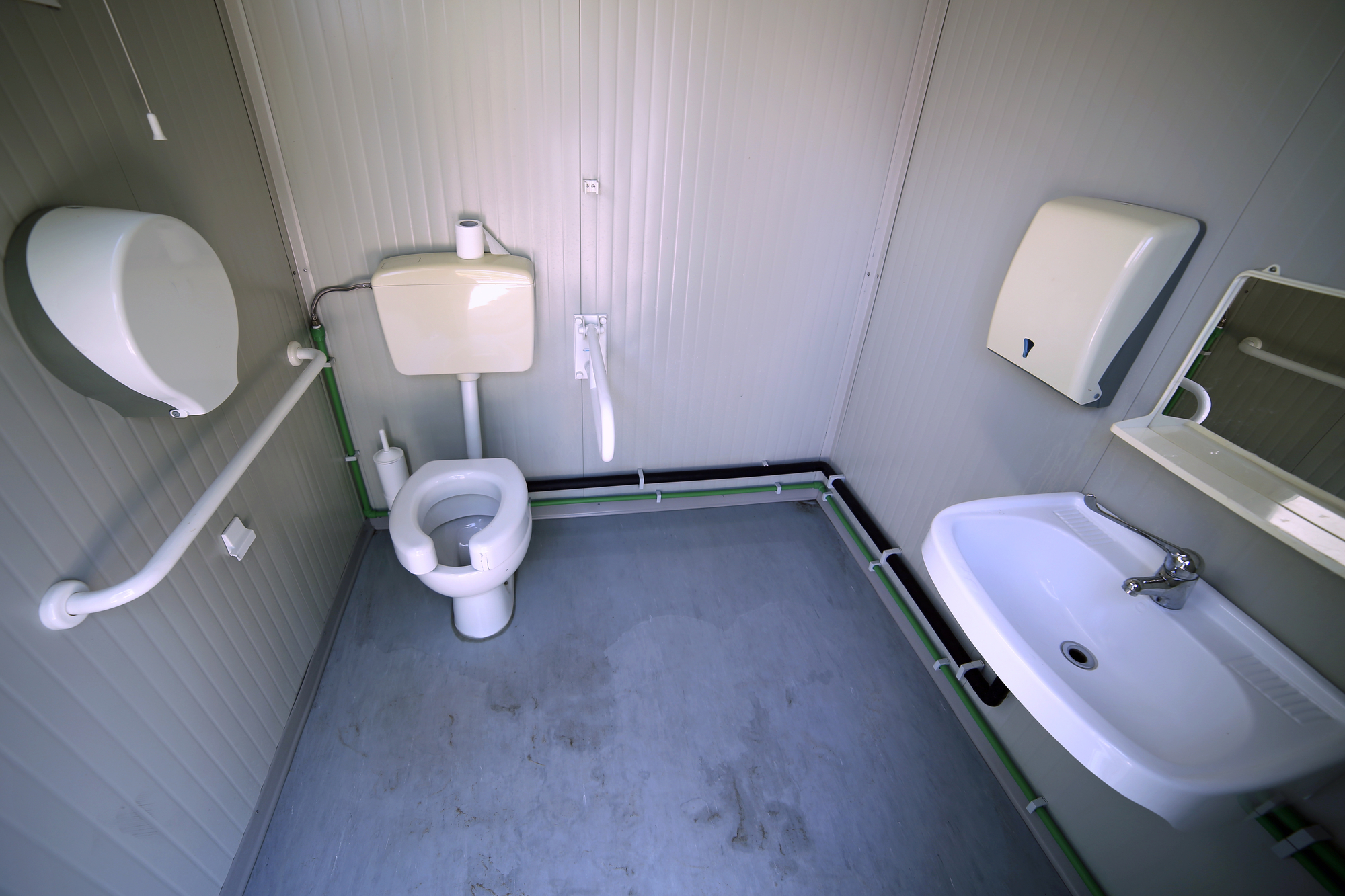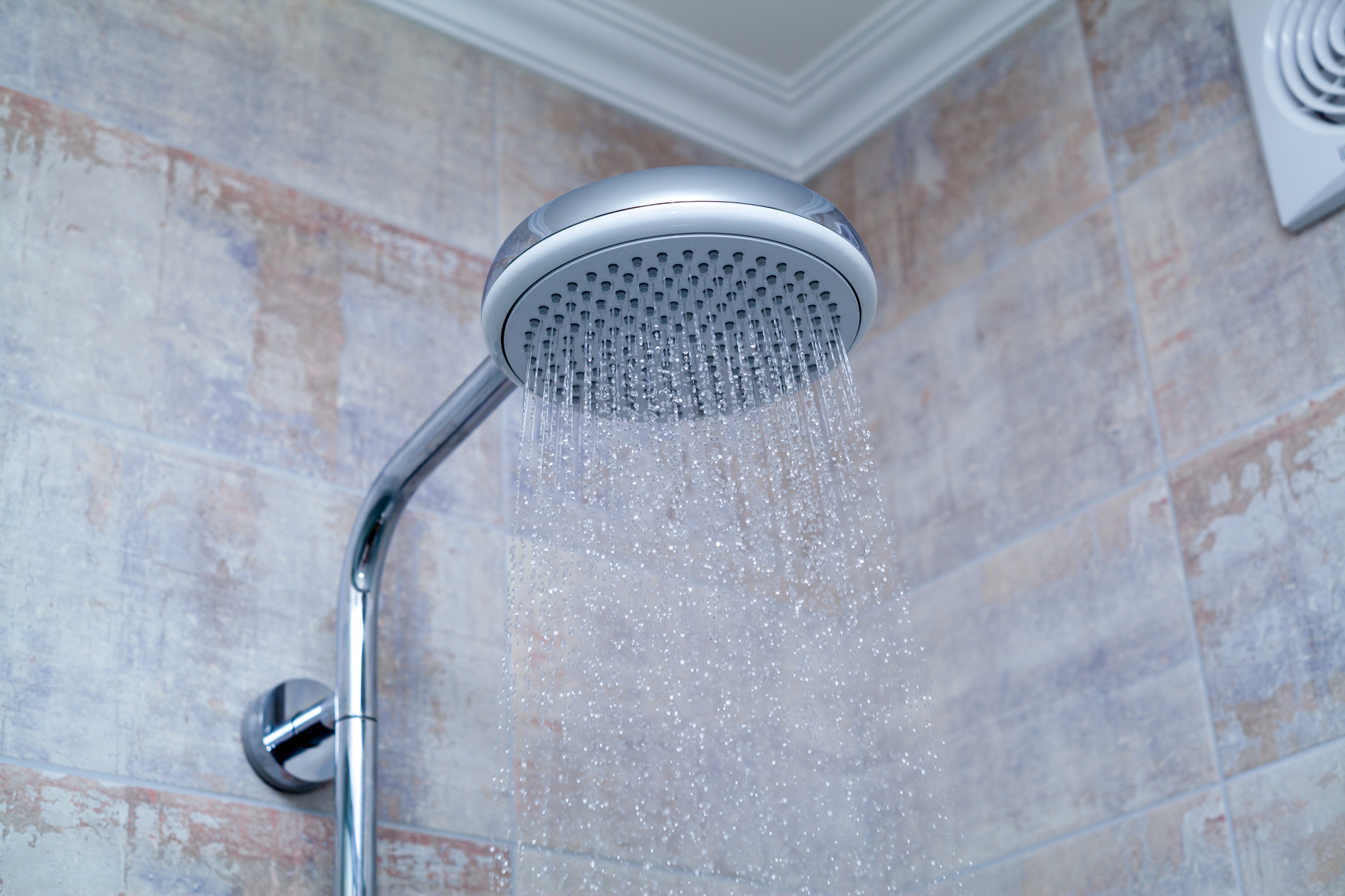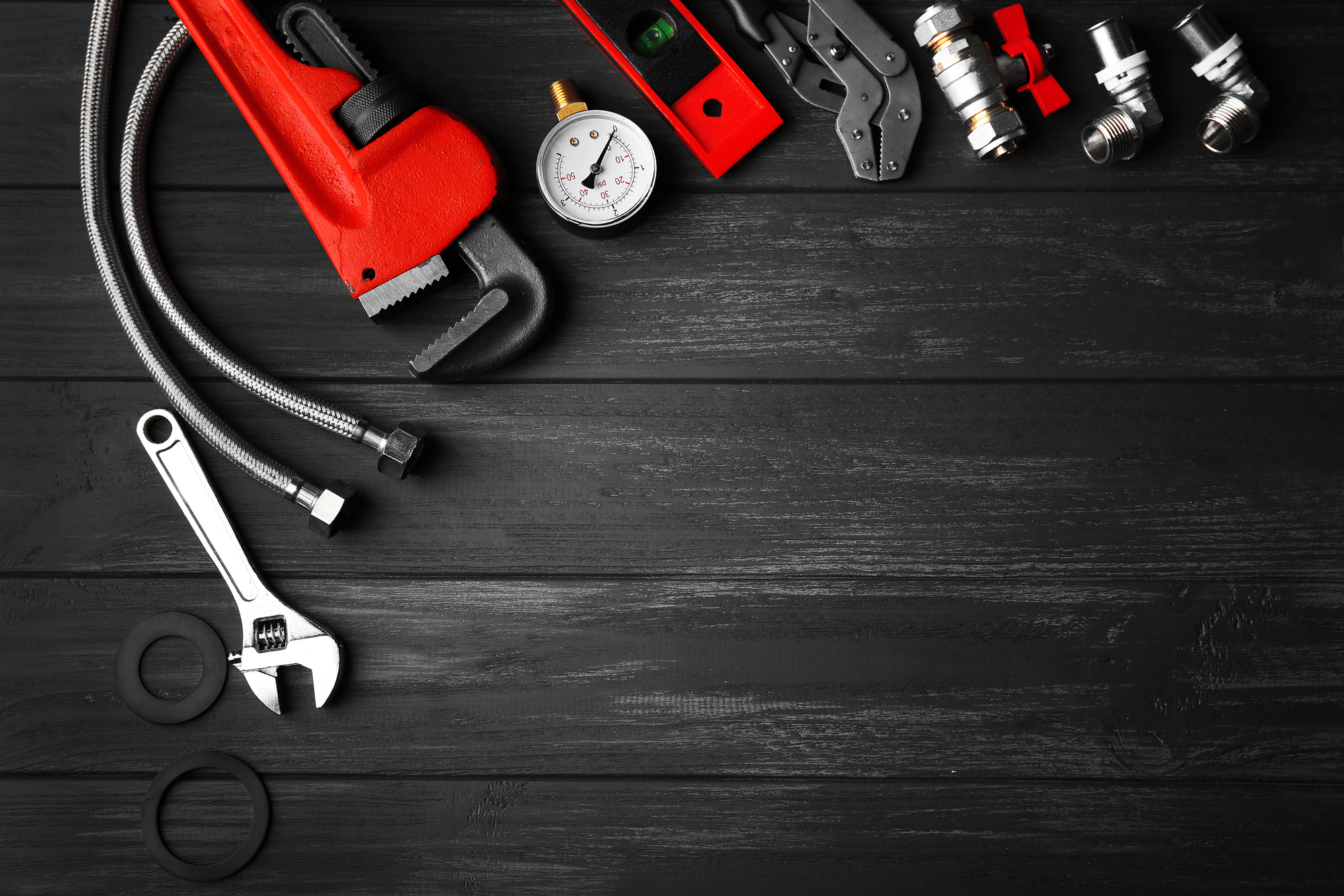As a plumber, you rely heavily on your tools and equipment to help you get the job done. From pipe cutters to wrenches, these tools are essential to your work and can be quite costly to replace. That’s why it’s important to take care of them properly and prolong their lifetime.
In this article, we’ll go over some tips on how to do just that. By following these guidelines and taking care of your equipment, you can save money on replacements, reduce downtime, and increase the efficiency of your work.
Clean and Store Your Tools Properly
One of the best ways to prolong the life of your tools is to clean them promptly after use. This helps keep them free of dirt, dust, and debris that can accumulate and cause damage over time. When cleaning your tools, use a clean cloth or rag, and avoid abrasive materials that can scratch or damage the surface.

Additionally, make sure to store your tools in a dry place where they won’t be exposed to moisture or extreme temperatures. Moisture can cause rust and corrosion, while extreme temperatures can cause warping and other damage. Consider investing in a toolbox or storage cabinet to keep your tools organized and protected.
Sharpen Your Blades and Edges
Sharp blades and edges not only make your work easier but also help prolong the life of your tools. When blades are dull, you may be tempted to use more force to cut through materials, which can cause damage or wear down the tool’s surface.
To sharpen your tools, invest in a high-quality sharpening stone or file. Follow the manufacturer’s instructions and use a consistent angle when sharpening. Be sure to test the tool’s sharpness periodically, and sharpen as necessary.
Use Tools Only for Their Intended Purpose

Another way to prolong the life of your tools is to use them only for their intended purpose. While it may be tempting to use pliers as a makeshift wrench or a screwdriver as a chisel, doing so can cause damage to the tool or make it less effective for the job it was designed to do.
Using tools only for their intended purpose can also make your work safer by reducing the risk of accidents or injuries.
Conduct Regular Maintenance and Inspections
To ensure your tools are always in top condition, make it a habit to conduct regular maintenance and inspections. This can include checking for loose or damaged parts, lubricating moving components, and replacing worn or damaged blades or bits.
Consider using a maintenance log to track when each tool was last inspected, and create a schedule to ensure that you’re checking each tool on a regular basis. Depending on the tool and its usage, you may need to inspect it monthly, quarterly, or annually.
Invest in Quality Tools
Finally, one of the best ways to prolong the life of your tools is to invest in high-quality tools to begin with. While it may be tempting to buy the cheapest option available, cheaper tools are often made with lower-quality materials that can wear down more quickly.
While high-quality tools may cost you more upfront, they’re often more durable and built to last. Consider researching different brands and models, reading reviews, and asking fellow plumbers for recommendations.
Conclusion
Your tools and equipment are essential to your work as a plumber, and taking care of them properly is key to prolonging their lifetime. By following these tips on cleaning, storage, sharpening, proper use, regular maintenance, and investing in quality tools, you can help ensure that your tools stay in good condition and function correctly for years to come.
Remember to always clean and store your tools properly, sharpen blades and edges, use tools only for their intended purpose, conduct regular maintenance and inspections, and invest in quality tools. By doing so, you can save money on replacements and increase the efficiency and safety of your work. If you need any help with your plumbing needs, visit our home page AcePlumbingRepair.com or give us a call at (844) 711-1590.






